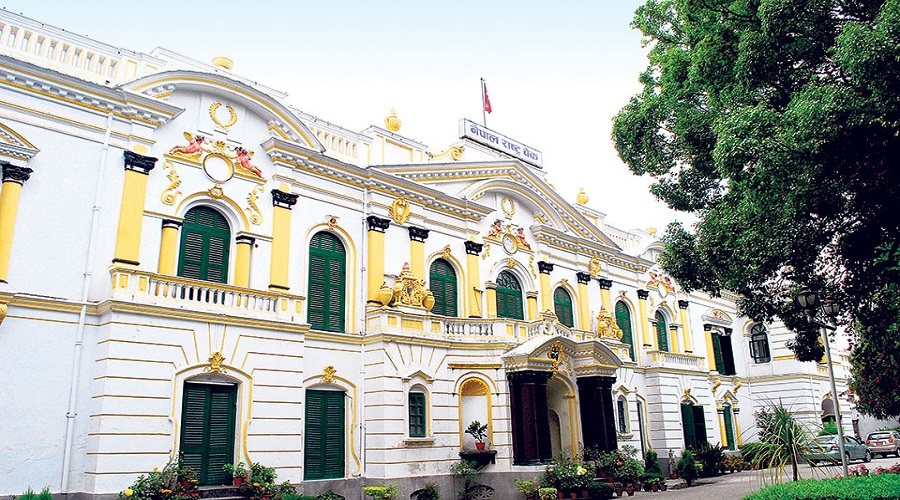KATHMANDU: In a significant move to empower Nepali migrant workers and enhance financial flexibility, Nepal Rastra Bank (NRB) has revised foreign currency limits and remittance regulations. The central bank, in a directive issued on Thursday, has increased the foreign currency limit for migrant workers bound for several European countries and the US from USD 200 to USD 500.
This extended facility applies to countries such as Japan, South Korea, Europe, the USA, and Canada. However, the limits remain unchanged for those bound for countries like Malaysia and the Middle East. Simultaneously, NRB has raised the foreign currency amount for payments to academic institutes affiliated with foreign universities to USD 12,000 from USD 10,000.
In a bid to streamline remittance inflows, NRB has augmented the limit for remittance receipts from selling goods and services abroad to Rs 2 million from Rs 1.5 million on a daily basis.
The deadline for receiving income from abroad has been extended from 15 to 30 days. The revised rules allow companies registered in Nepal to receive sales receipts, commissions, and remunerations within the updated threshold. These companies must submit monthly financial reports to the NRB within a week of the corresponding month’s end.
The central bank’s decision comes as a response to the country’s burgeoning foreign currency reserves and a notable improvement in the balance of payments (BoP).
The BoP surplus has surged over sevenfold in the past year, reaching Rs 20.03 billion as of mid-November 2022. In US dollar terms, the BoP maintained a surplus of USD 1.11 billion during the review period, a considerable increase from USD 149.6 million in the same period of the previous year.
Nepal’s foreign exchange reserves, valued at Rs 1.539 trillion in mid-July, witnessed a substantial 10.2% surge, reaching Rs 1.696 trillion in mid-November.
The NRB reported an 8.9% increase in foreign exchange reserves in US dollars, reaching USD 12.75 billion in mid-November, sufficiently covering merchandise imports for 13.6 months and merchandise and services imports for 11.3 months. This move showcases the NRB’s commitment to leveraging Nepal’s economic stability and bolstering financial resilience among its citizens.

